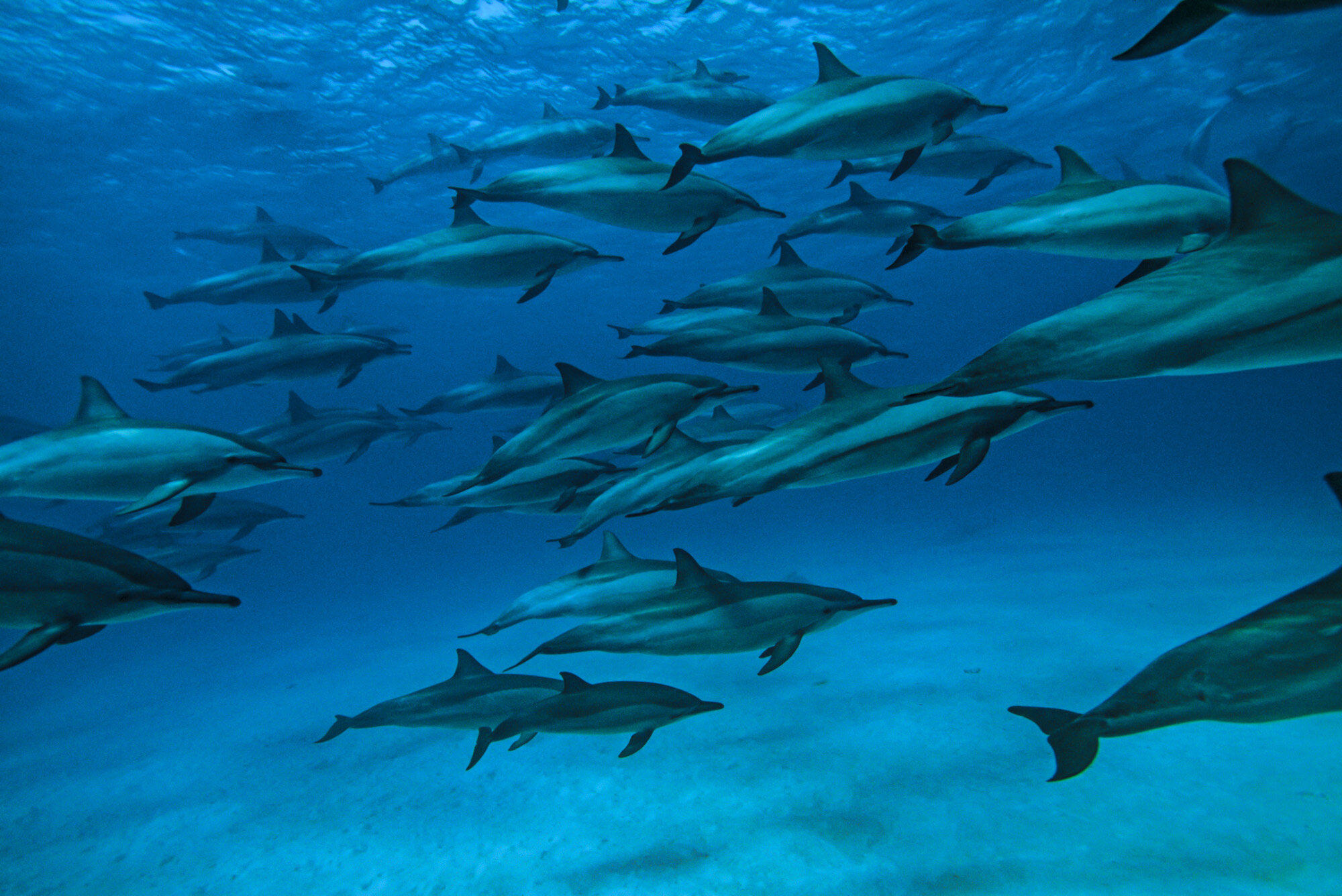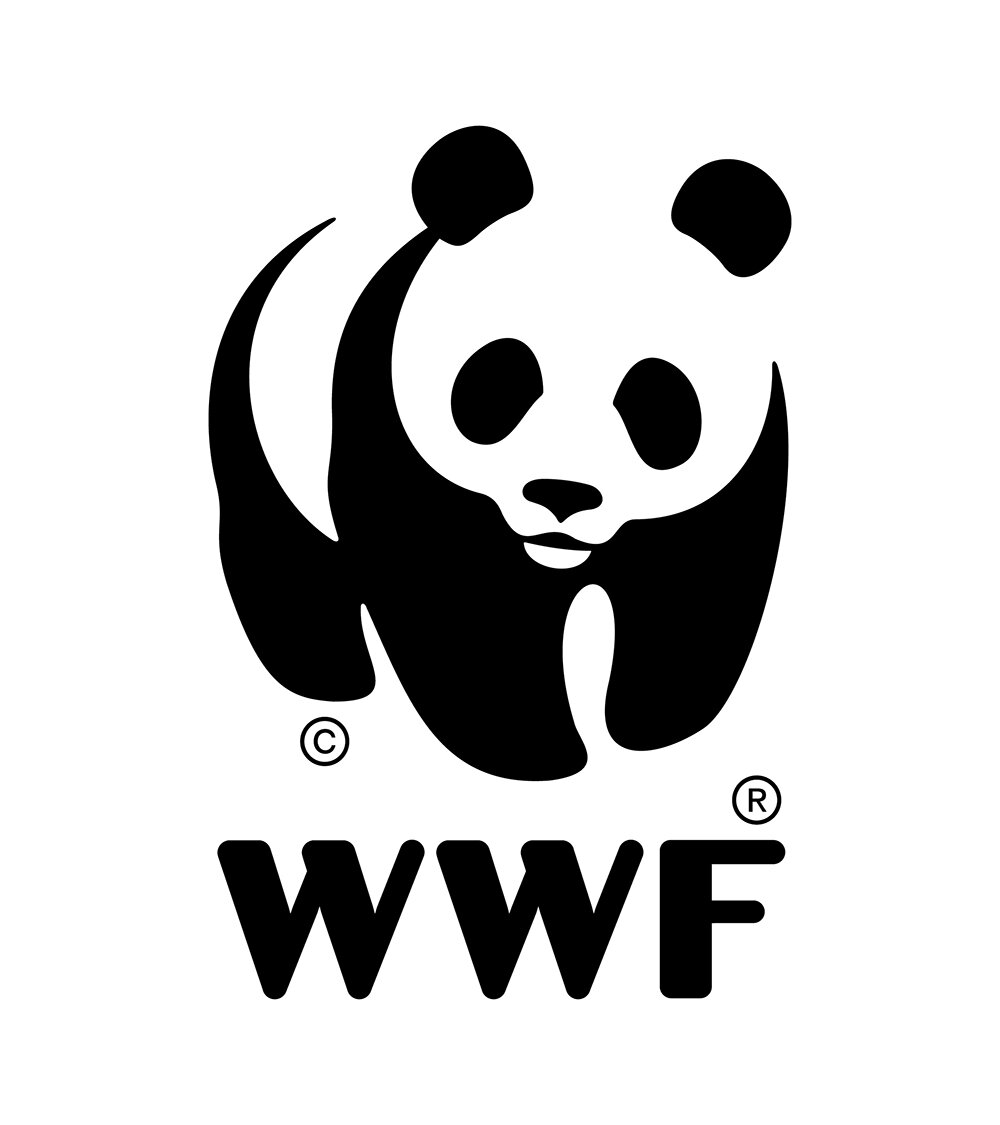
Latest news and stories about whale and dolphin conservation
WWF launches an online report mapping Arctic whale migrations amid increasing threats to their migration routes, known as blue corridors
A new report from the WWF Global Arctic Programme highlights the urgency of taking concrete action to safeguard Arctic whales on their migrations, as they are faced with new and growing pressure from climate change and increased shipping activity.
Convention on Migratory Species meeting adopts stronger protection measures, including ecological connectivity
The 14th meeting of the Conference of the Parties (CoP14) of the Convention on Migratory Species of Wild Animals ended with the adoption of a set of stronger measures for the conservation of migratory species.
Remembering Dr. Roger Payne: A champion of whale conservation
In the realm of wildlife conservation, there are few figures as revered and impactful as Dr. Roger Payne, a distinguished biologist whose unwavering dedication to the science of whale communication and their conservation has left an indelible mark on the world. On June 10, 2023, Roger passed away at his home in Vermont at the age of 88.
Helping support volunteers dedicated to rescuing entangled whales in Mexico
In Mexico, the Whale Disentanglement Network, known as RABEN (Red de Asistencia a Ballenas Enmalladas) has grown into an internationally recognized network, applauded for its many successful rescues.
Urgent action needed to conserve the endangered Irrawaddy dolphin
Due to its coastal habitat and tendency to feed near fisheries, the Irrawaddy dolphin is heavily impacted by bycatch. Large numbers of these dolphins are killed by entanglement in gillnets.
WWF: Landmark High Seas Treaty agreed, ushering in new rules for two-thirds of the ocean
WWF strongly welcomes the agreement of the text for a new global legally binding High Seas Treaty reached by nations today in New York, creating a framework to conserve marine life and restrain harmful activities in two-thirds of the ocean.
Eastern Pacific Ocean - A hub for whale superhighways requires urgent protection
A new report from WWF and partners, including Oregon State University, the University of California Santa Cruz, the University of Southampton, and Universidad de Valparaiso, identifies actions for governments, industry and individuals to safeguard whale migratory routes, along the Eastern Pacific Ocean by 2030. Climate change, ship traffic, underwater noise and fishing activity impact whales and their survival at multiple points.
There are ways to safeguard nature from underwater noise pollution, we just need the political will
From 23 to 27 January, representatives from 175 countries that make up the UN International Maritime Organization (IMO) – the regulatory body for shipping globally– will meet in London at the Sub-Committee on Ship Design and Construction (SDC) meeting to continue their review of IMO guidelines to reduce impacts of underwater noise from shipping.
Whales without boundaries - why the high seas matter
Vast expanses of our global ocean are unprotected – putting whales and other marine life in peril. A historic Global Ocean Treaty now in negotiations offers hope to better manage and protect biodiversity on the high seas.
Shining a light on the Caribbean’s cetaceans
There is still much we don’t know about the Caribbean’s 33 known cetacean species – more than one-third of the world’s total.
Ti Whale An Nou – the whale and dolphin research programme that gets its name from a mix of French and English Creole meaning ‘our little whales’ – is starting to fill in these gaps.
For a Thriving Ocean: Collective Action to Protect Whales and Dolphins
The theme of this year’s United Nations World Oceans Day on 8 June 2022 is ‘Revitalisation: Collective Action for the Ocean’. We’re highlighting the collective action between WWF’s Protecting Whales & Dolphins Initiative experts, industry, policy makers and governments around the world to safeguard our ocean giants for a thriving ocean.
Innovation and resilience offer hope for the world’s most endangered whale
Today is Endangered Species Day and we’re highlighting the North Atlantic right whale. With just 336 animals left, they are one of the most endangered whales on the planet. Technological innovation and collaboration between science and fisheries is providing newfound hope for these iconic ocean giants.
Safeguarding Mediterranean Giants
One of the busiest shipping lanes in the world puts Mediterranean fin whales in the direct path of the massive tankers, cargo ships, and high-speed ferries that criss-cross their waters.
Securing a future for the Chinese white dolphin
Doris Woo of WWF-Hong Kong is working to give Chinese white dolphins the best chance to stabilise and recover.
Why we must protect North Atlantic right whales’ ‘migration superhighways’
If their population continues to decline, North Atlantic right whales may go extinct in less than 30 years. While the task is daunting, protecting their blue corridor from these major threats — including dynamic and mandatory vessel slowdowns and reduction of vertical fishing lines — is possible, and critical, to ensuring the survival of this species.
Whales on the move - mapping threats and solutions for our ocean giants
The growing dangers whales face worldwide along these epic journeys are signs of an unhealthy ocean, and reveal how the ocean connects us all.
World-First Map Exposes Growing Dangers Along Whale Superhighways
World-First Map Exposes Growing Dangers Along Whale Superhighways. A new global report by WWF and the marine mammal science community calls for urgent action to safeguard whales amid mounting threats along their migratory routes.
Making Noise for Quieter Ships: Why We Need to Reduce Underwater Noise Pollution
The IMO needs to develop mandatory measures to truly limit underwater noise pollution — by keeping the guidelines voluntary, there is no mandate for action.
Ambition amid a sea of paper parks
We need more of these MPAs in the ‘right places’ – where the conservation need is most urgent and where the potential for their contribution for humans and wildlife at its highest.
Uncovering the lives of whales to better understand our oceans
Today, long-time science partners from University of California Santa Cruz (UCSC) and Duke University Marine Robotics and Remote Sensing Lab (MaRRS) with others from Stanford University published research in the journal Nature that finds baleen whales eat at three times more than previously thought.





















